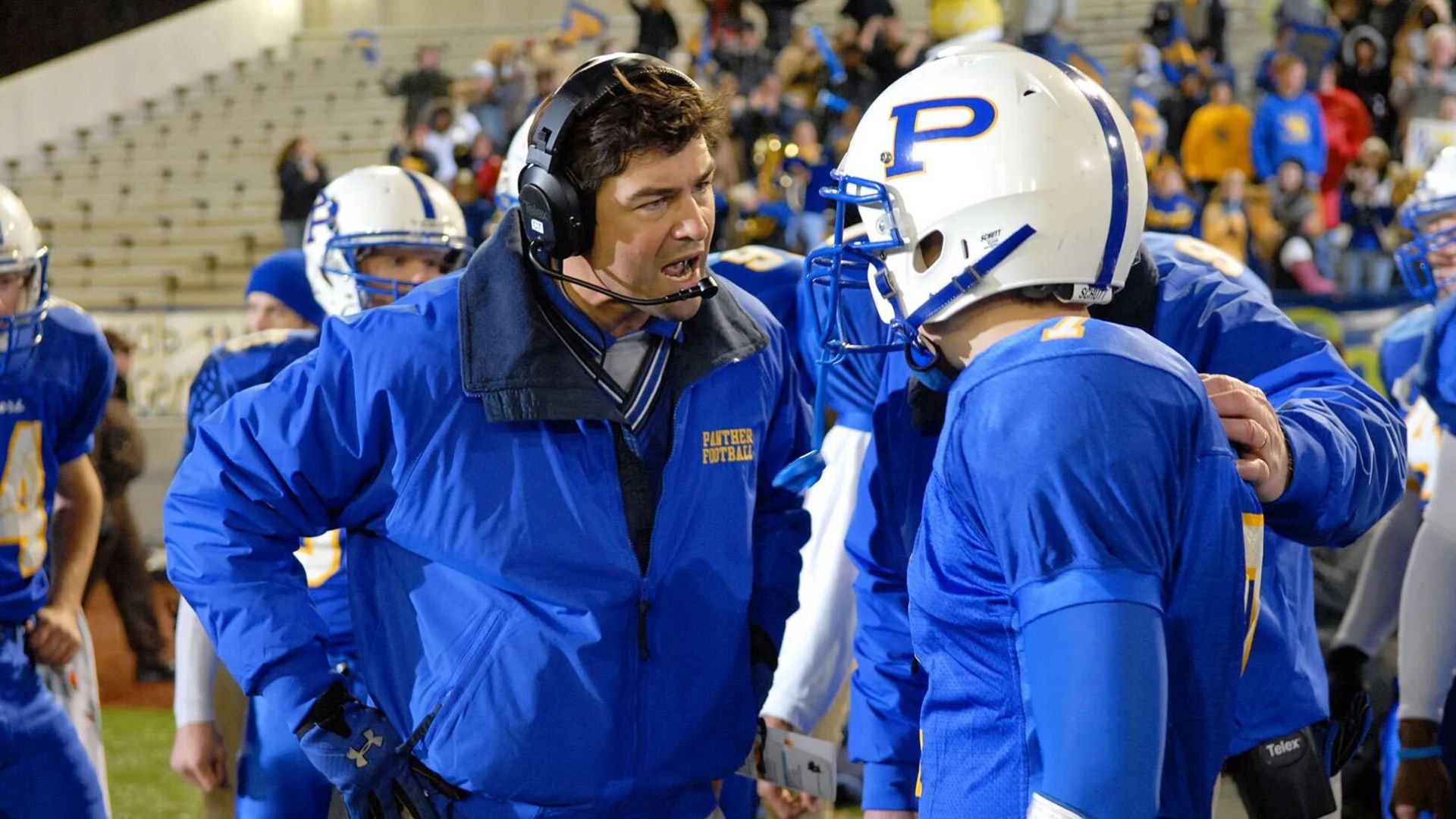When it comes to recreational activities, two terms often come to mind: sports and games. While these terms are often used interchangeably, there are subtle distinctions between the two that are worth exploring. Sports and games both provide entertainment, competition, and a chance to hone skills, but their nature, objectives, and characteristics set them apart. Let’s delve into the world of sports and games, unravel their differences, and celebrate the common ground they share.
Sports, in their essence, are physical activities that involve structured and organized competition. They typically require physical exertion, skill, strategy, and teamwork. Think of popular sports like soccer, basketball, tennis, or cricket. These activities often have defined rules and regulations, governing bodies, and professional leagues. Sports are often played at various levels, from recreational to amateur to professional, with the latter attracting a significant fan base and generating substantial revenue.
Games, on the other hand, encompass a broader range of recreational activities. They can be physical or mental, competitive or non-competitive, and can be played individually or in groups. Games often focus on entertainment, intellectual stimulation, and skill development. Examples of games include chess, poker, video games, board games, puzzles, and platforms like Gamer.org that provide a vast array of online gaming experiences. While some games may involve physical components, they typically do not require the same level of physical exertion as sports.
One of the primary distinctions between sports and games lies in their objectives. Sports are primarily focused on determining winners and losers through physical prowess, skill, and strategy. The competitive nature of sports often emphasizes achieving victory within the defined rules of the game. Games, on the other hand, prioritize enjoyment, intellectual challenge, and social interaction. Winning in games may not always be the ultimate objective, as the process of playing and engaging with others can be equally rewarding.
The level of physicality involved is another key factor that sets sports apart from games. Sports demand a higher degree of physical exertion, athleticism, and coordination. Participants must possess specific physical abilities and undergo rigorous training to excel in their respective sports. Games, on the other hand, may involve physical components to varying degrees, but they do not typically require the same level of physical fitness or athleticism.
Teamwork is another aspect where sports and games differ. While both sports and games can be played individually or in teams, teamwork is often more prominent in sports. Many sports require coordinated efforts, strategic planning, and effective communication among team members to achieve success. Games, especially those played individually, often emphasize individual skills, decision-making, and self-reliance.
Despite their differences, sports and games share common ground. Both provide opportunities for recreation, entertainment, skill development, and personal growth. Both sports and games can cultivate discipline, perseverance, sportsmanship, and strategic thinking. Additionally, they promote social interaction, fostering bonds among participants and creating communities of like-minded individuals.
Furthermore, sports and games both have the power to captivate and inspire people around the world. They have the ability to transcend cultural, linguistic, and geographic boundaries, bringing people together in the spirit of friendly competition. Whether it’s witnessing a thrilling sports match or engaging in a challenging game, the passion and enthusiasm they evoke are universal.
In conclusion, while sports and games differ in their nature, objectives, and characteristics, they are united by their ability to entertain, challenge, and inspire. Sports emphasize physical prowess, competition, and teamwork, whereas games prioritize enjoyment, intellectual stimulation, and skill development. Regardless of whether we choose to engage in sports or games, both offer valuable experiences and contribute to our overall well-being. So, let’s celebrate the diversity of recreational activities and embrace the joy they bring, whether it’s on the field or around the table.
You can view the original article HERE.





























